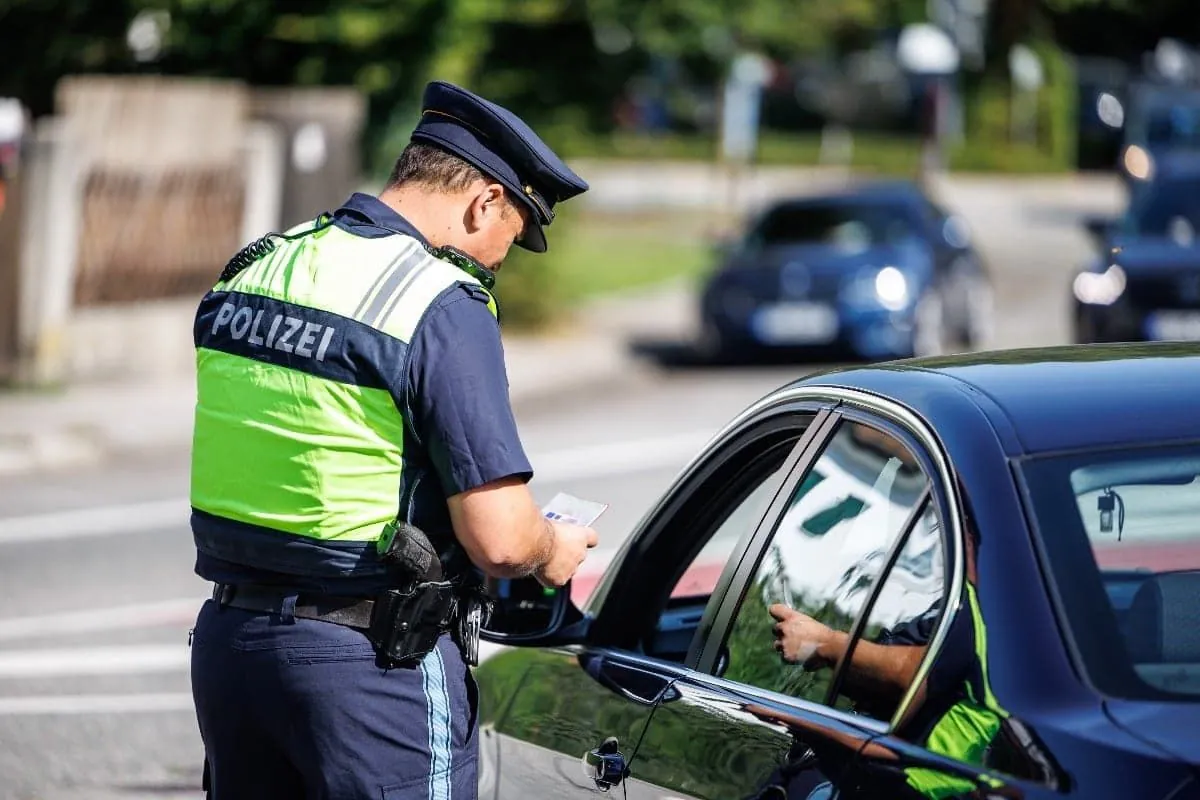German Police Union Chief Raises Concerns Over New Border Controls
Germany's Federal Police Union head questions the feasibility of new border control plans, citing staffing issues and lack of preparation. The measures, starting Monday, aim to address migration concerns.

The implementation of Germany's new border control measures has come under scrutiny, with Andreas Rosskopf, head of the Federal Police Union, expressing doubts about their feasibility. The controls, set to commence on September 18, 2023, are part of the government's strategy to address rising migration concerns within the Schengen zone.
Rosskopf highlighted the challenges facing the Federal Police, stating, "The Federal Police are still in the process of gathering personnel until Monday morning." This last-minute preparation underscores the unexpected nature of the announcement, which has left authorities scrambling to organize resources effectively.
The new measures, scheduled to last for six months, come at a time when Germany is grappling with complex migration issues. Despite a 21.7% decrease in asylum applications during the first eight months of 2023, the government is responding to public concerns and recent incidents involving asylum seekers.

The Federal Police, established in 1951 as the Federal Border Guard, faces significant challenges in implementing these controls. With a high resignation rate among younger officers, exceeding 25%, there are concerns about the long-term strain on the force. Rosskopf warned, "There is a risk that even more officers may no longer view their jobs positively."
Germany's approach to migration has evolved significantly since the 2015-2016 European migrant crisis when it received over 1 million asylum seekers. The country's response has included various measures, such as the Skilled Immigration Act of 2020, aimed at attracting qualified workers from non-EU countries.
The new border controls are part of a broader plan by the interior ministry to reject more migrants directly at the border. However, specific details of this aspect remain unclear. This approach marks a shift in Germany's migration policy, which has been influenced by its constitutional guarantee of asylum for politically persecuted individuals.
"This is not fully worked out yet and is partly due to the fact that the minister's announcement came as a surprise."
The implementation of these measures occurs against the backdrop of Germany's complex federal system, comprising 16 states, each with its own police force. This structure adds another layer of complexity to national border control efforts.
As Germany navigates these challenges, it must balance its commitments under the Dublin Regulation, which determines EU member state responsibilities for examining asylum applications, with domestic concerns. The country's population reached a record high of 84.3 million in 2022, partly due to immigration, highlighting the ongoing impact of migration on German society.


































